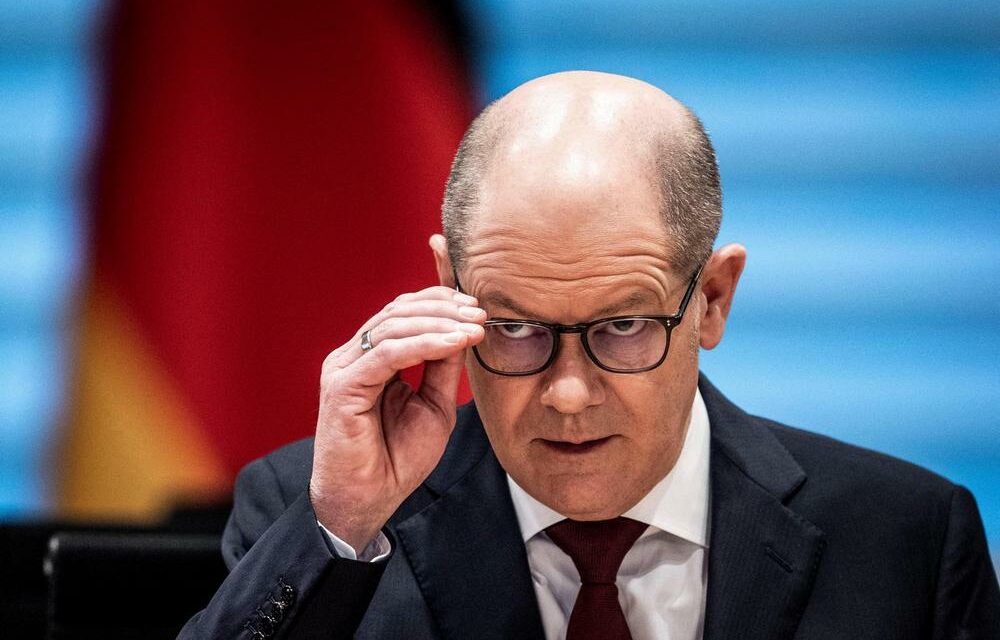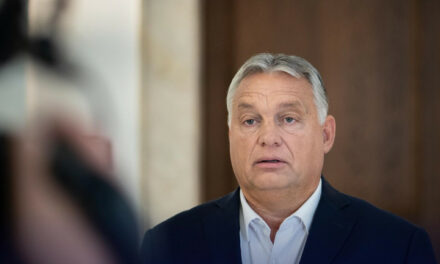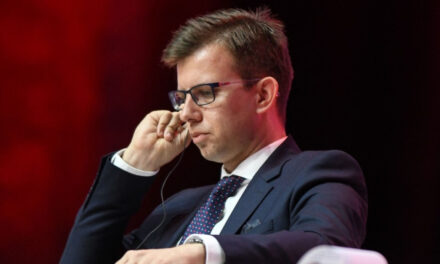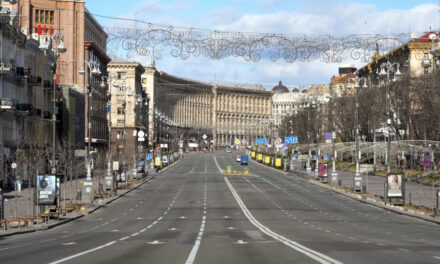The European Union cannot do without energy carriers from Russia, German Chancellor Olaf Scholz said on Monday, rejecting demands that sanctions imposed on Russia due to the war against Ukraine should be extended to the energy sector.
The chancellor emphasized: Germany welcomes the international community's response to the "Russian invasion of Ukraine" with "profound and targeted sanctions".
Punitive measures against Russian financial institutions, Moscow's central bank and more than 500 individuals and restrictions on exports to Russia are a clear message, "straight talk" and
any sanctions are designed to hit Russia "sensitively and permanently."
However, "Europe deliberately exempted energy shipments from Russia from the sanctions" because without them the energy needed for heat generation, transport, power supply and industrial production cannot be ensured.
Energy carriers from Russian imports are of "fundamental importance" for public services and "everyday life of our citizens," underlined Olaf Scholz , according to a statement issued by the chancellor's office.
The Social Democratic politician (SPD) added that his government is working with full force with EU and non-EU partners " to develop alternatives to Russian energy, but this will not happen overnight ". Therefore, it was a "conscious decision" that the companies could continue their activities in Russia in the field of energy supply, said Olaf Scholz.
The coalition partners of the SPD also rejected the extension of sanctions to the energy sector.
Christian Lindner , chairman of the liberal Free Democratic Party (FDP), emphasized in a statement on Monday that the federal government "currently" does not intend to impose an import ban on Russian energy carriers, but such a step is still possible if the situation continues to deteriorate.
On behalf of the third coalition partner, the Greens, Economy Minister Robert Habeck emphasized in an interview on Sunday that Germany's energy supply could be in danger if the supply of natural gas and crude oil to Russia were to stop due to the war in Ukraine. In this case, Germany would get through spring and summer well, but "I am a little concerned" about how to ensure supplies in winter, said Robert Habeck.
As a result of the 2011 Fukushima nuclear disaster, the last three nuclear power plants will have to be shut down this year as a result of the so-called energy policy turnaround initiated by the government led by Angela Merkel at the time, Habeck said: it must be examined whether can it improve the situation due to the Russian invasion of Ukraine if these power plants continue to be operated.
MTI
Photo: Michael Kappeler/dpa-Pool/dpa












